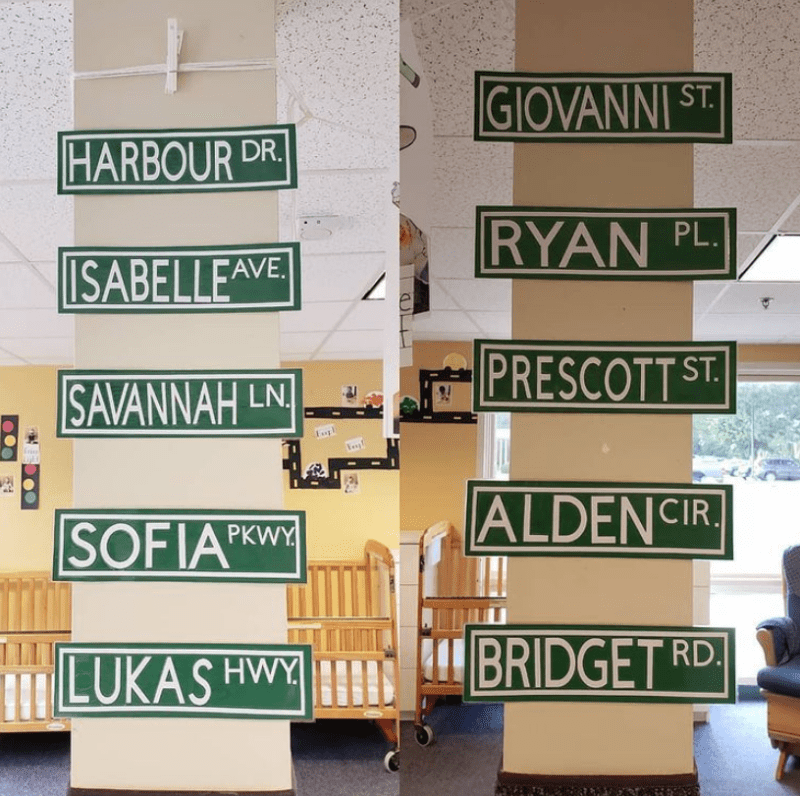Student Led Conferencesthird Grade Reading Streets
Sample Outline for Student-Led Second-Grade Conference: These sample prompts are used by a second-grade teacher to help students prepare for student-led conferences. Reflections for Student-Led Conferences: Reflection prompts help students think through quarterly progress on goals. Jun 26, 2012 - Explore Angela Lloyd's board '3rd Grade Student Led Conferences', followed by 232 people on Pinterest. See more ideas about student led conferences, parents as teachers, parent teacher conferences. Jun 24, 2013 - These trifolds are the perfect extension to any classroom. Included in this document are 10 pages of activities that your students can use in correlation with their 5th grade Reading Street book (Common Core Edition 2011).OVER 15 QUESTIONS PER STORY! THAT'S OVER 450. Oct 22, 2018 Student-led guided reading has truly changed the way I plan for my students and helps hold them more accountable as well as pass some ownership and excitement toward learning onto the students. The Task: Before starting a guided reading group, it is important to set a purpose/declare what task you want students to complete.
- Third Grade Interactive Reading
- Student Led Conferences Pdf
- Student Led Conferences Third Grade Reading Streets 5th
- Student Led Conferencesthird Grade Reading Streets Worksheets
- Student Led Conferencesthird Grade Reading Streets 5th
The children have been busy getting ready to present their learning to their families! As the first semester comes to a close, it is a time of reflection and goal setting, a time to look back on all that has been accomplished, and a time to look forward to the next steps in the learning process. This is a celebration of your child's learning!
Here are some important things to know for the upcoming week:
Continua:
On Tuesday, December 8th, you will be receiving an email with these attached continua documents:
K-2 Reading, K-2 Writing, K-5 Inquiry, and Math Performance Assessment Report
Specialist Continua
At Mid-Pacific we believe that learning is a continuous, on-going process. We value looking at students' growth over time. Therefore, continua offers the best fit for our school's philosophy. Please note that the Inquiry Continuum is K-5.
Progress Portfolio:
The children have been hard at work reflecting on the evidence of their learning for their Progress Portfolio. The Progress Portfolio is designed around Mid-Pacific's Learner Profile, which outlines attributes we, as a school, believe are essential for children to develop within their experiences both in and out of school. While the Learner Profile outlines nine different traits, we have selected four to focus on and showcase in the Portfolios this year. These traits include the following:
Third Grade Interactive Reading
I can reflect on my own growth as a learner and share my understanding with others
I can work with others to build and strengthen our community
I can communicate my ideas, thoughts, and feelings in different ways
I can imagine and create different ways to solve problems

Your child will be bringing home their school iPad on Tuesday, December 8th to share their First Semester Portfolio on Showbie. Please make sure your child brings their iPad back to school on Wednesday for school. Then they can take it back home on Wednesday to prepare for conferences. They will have practiced their presentation and will be able to explain the various artifacts in the portfolio, as well as how it demonstrates a particular trait. The portfolio will be located at the top of your child's Showbie account. Look for the yellow star.
Stars and Wishes:
After reviewing your child's portfolio and continua, please take some time to consider 'Two Stars' (areas you believe your child has shown growth/is doing well in) and 'One Wish' (area you would like your child to continue to grow in). Please be prepared to share your Stars and Wishes at our virtual zoom conference with your child.
Student Led Conferences Pdf
Parent-Teacher-STUDENT Conferences:
Student Led Conferences Third Grade Reading Streets 5th

The children have also been rehearsing for Parent-Teacher-STUDENT Conferences. We capitalized STUDENT because they truly have the most important role in these conferences. They will be leading this celebration of their learning and are excited to share their accomplishments!
Student Led Conferencesthird Grade Reading Streets Worksheets
Thank you for your support this semester and see you virtually at our conference!
Student Led Conferencesthird Grade Reading Streets 5th
- Author: Sunday CumminsDescription: Providing opportunities for students to read or view multiple sources on a topic can deepen students ability to think critically while also expanding their understanding of a topic. This article includes quick tips for making this experience a regular part of your instruction.
Title: What Students Can Do When the Reading Gets Rough
Description: With the new focus on close reading of complex informational texts, students need guidance in how to take an active role in monitoring their own understanding.Title: Writing Expository Responses to Narrative Texts
Description: Describes a professional inquiry into how teachers can use the practices described in Johnston’s Choice Words (2004) to support students reading nonfiction. Includes an analysis of audiotaped and transcribed reading conferences with third grade students during a reading workshop period.Title: Using Choice Words in Nonfiction Reading Conferences
Description: The inquiry described in this article is meant to extend the work of Johnston (Choice Words) and others, specifically in the area of naming the effective ways teachers use language during conferences with students who are reading nonfiction. In an effort to identify what might occur during this type of conference, I audiotaped, transcribed, and analyzed eight reading conferences with third-grade students who were reading nonfiction texts during a reading workshop.Title: Teaching for Synthesis of Informational Texts with Read-Alouds
Author: Sunday Cummins and Cate Stallmeyer-GerardDescription: Describes the assessment-driven instruction that facilitated third graders’ increased understanding of informational texts, as revealed in their written responses to texts during one school year. Includes examples of students’ written responses.
